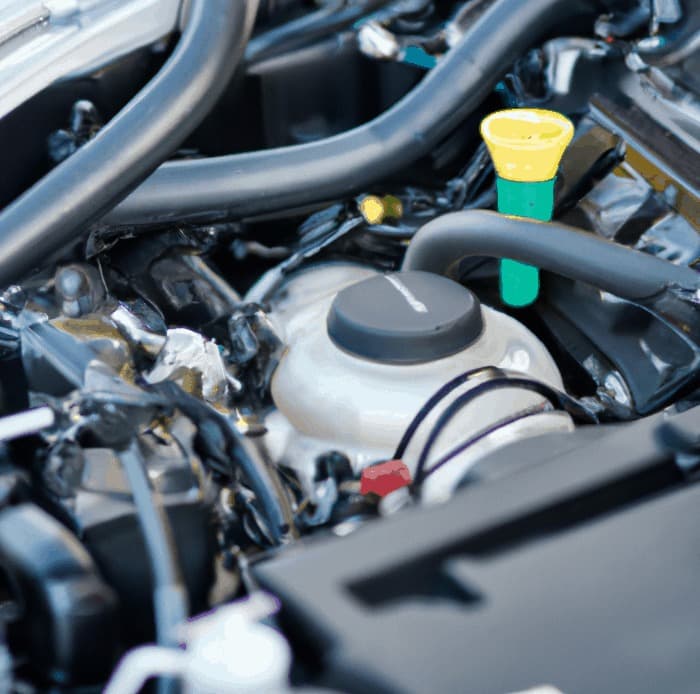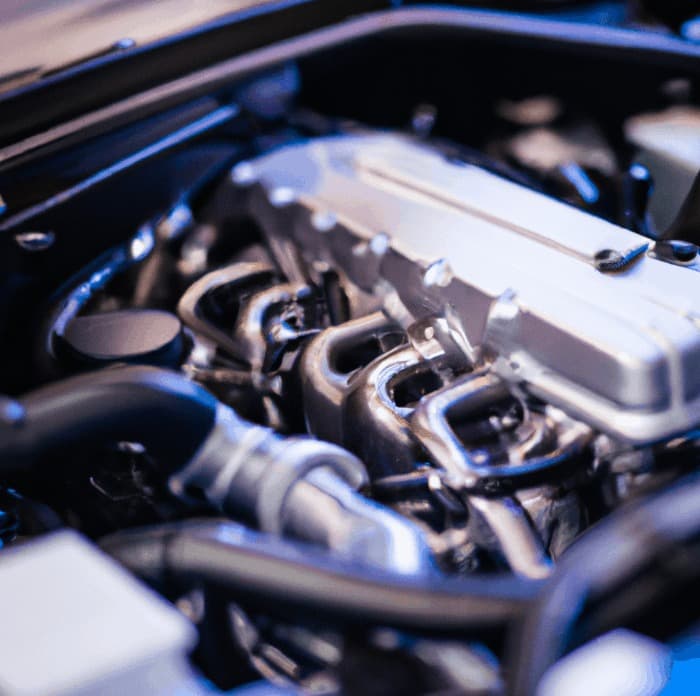Table of Contents
Home » What is a fuel pump?
Fuel Pumps: A Comprehensive Guide
A fuel pump is a crucial component in a vehicle’s fuel system. Its main function is to transfer gasoline from the fuel tank to the engine, allowing the vehicle to run smoothly. In this article, we will discuss the different types of fuel pumps, how they work, and their importance in maintaining a vehicle’s overall performance.
If this is your first time wondering about fuel pumps, you’ve come to the right place. We go over every aspect of a fuel pump, from what it does to the different types available on the market. If you are here because your fuel pump might be breaking, you might want to read our other articles on diagnosing a fuel pump that might be breaking.
Types of Fuel Pumps
There are two main types of fuel pumps: mechanical and electric.
Mechanical fuel pumps are typically found in older vehicles and work by using the engine’s camshaft to create suction, drawing fuel from the tank and into the engine. These pumps are known for their durability but can be less efficient than electric pumps.

On the other hand, electric fuel pumps are more commonly found in modern vehicles. They are powered by the vehicle’s electrical system and use a motor to create pressure, pushing the fuel from the tank to the engine. These pumps are more efficient and reliable but may require more maintenance.
How Fuel Pumps Work
A fuel pump’s main function is to transfer gasoline from the fuel tank to the engine. In mechanical pumps, the camshaft creates suction that draws fuel from the tank. In electric pumps, the motor creates pressure that pushes the fuel from the tank.
Both pumps have a filter that removes impurities from the gasoline before reaching the engine. The fuel is then sent to the carburetor or fuel injection system, which is mixed with air and delivered to the engine.
Importance of Fuel Pumps
Fuel pumps play a crucial role in the performance of a vehicle. Without a functioning fuel pump, the engine will not receive the necessary gasoline to run, causing the vehicle to stall or not start at all.
Regular maintenance, such as replacing the fuel filter and testing the pump’s pressure, can help prolong the life of a fuel pump and ensure optimal performance.
If you suspect your fuel pump may be malfunctioning, it is important to have it inspected by a professional as soon as possible. Driving with a faulty fuel pump can cause damage to the engine and result in costly repairs.
Conclusion
In conclusion, fuel pumps are a vital component in a vehicle’s fuel system. Understanding the different types of pumps and how they can help maintain a vehicle’s overall performance. Regular maintenance and prompt attention to any potential issues can help prolong the life of a fuel pump and prevent costly repairs.


